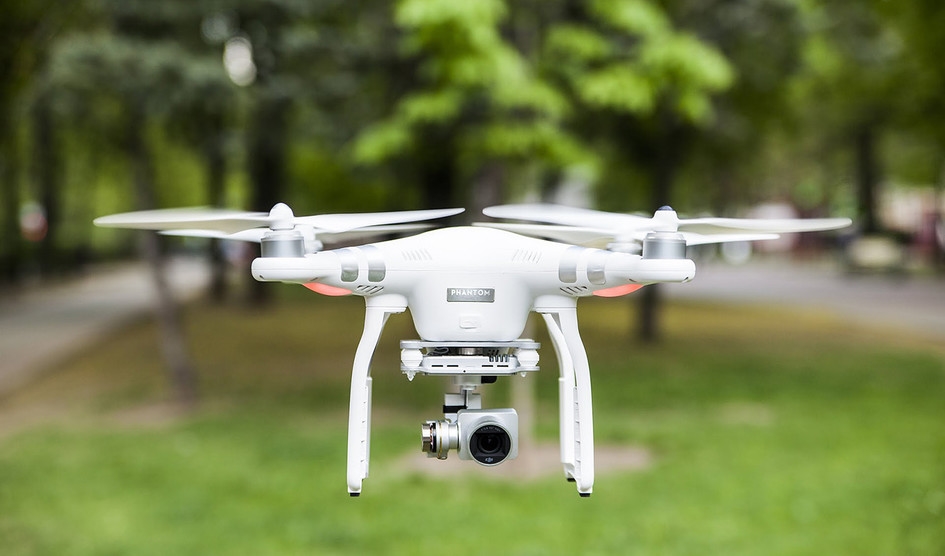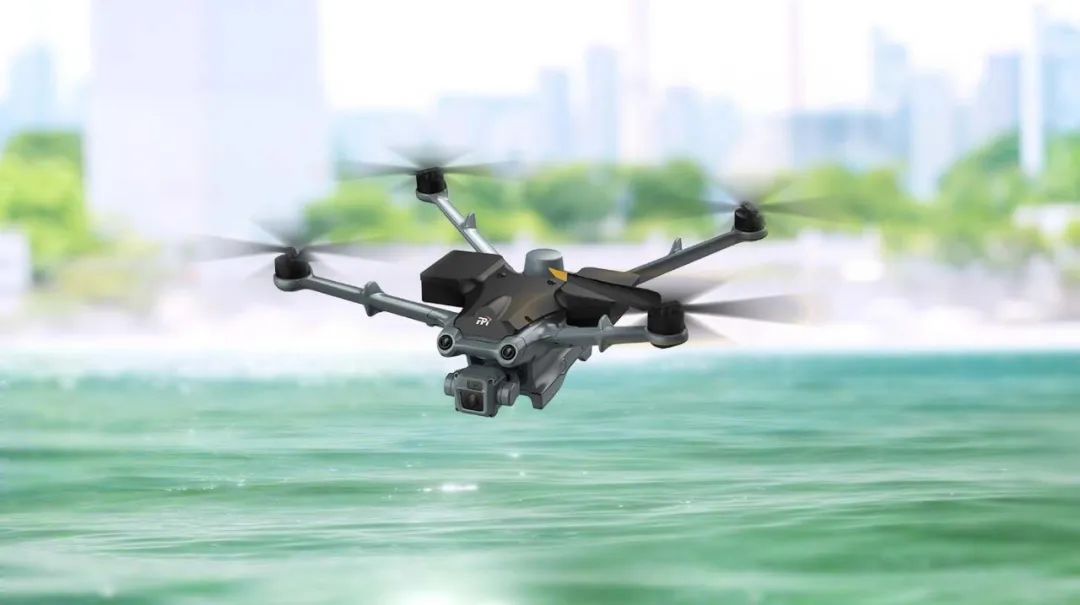Advancements in Security Drone Technology
The world of security has entered a new era with the advent of advanced security drone technology. Unmanned aerial vehicles have become integral in safeguarding facilities, borders, and public spaces. Their ability to provide real-time surveillance and adapt to diverse environments has made them essential tools in the quest for enhanced safety. These drones can be equipped with high-definition cameras, thermal sensors, and even facial recognition software, enabling them to detect and track potential threats with unrivaled precision.
Applications of Security Drones
From monitoring expansive areas like airports to conducting covert operations in urban settings, security drones are versatile and efficient. They can quickly assess a situation, relay critical information to centralized command centers, and help orchestrate swift responses. Their deployment is not limited to military or government use—private sectors, including construction and event management, are capitalizing on their capabilities to ensure safety standards are consistently met.
are versatile and efficient. They can quickly assess a situation, relay critical information to centralized command centers, and help orchestrate swift responses. Their deployment is not limited to military or government use—private sectors, including construction and event management, are capitalizing on their capabilities to ensure safety standards are consistently met.
Benefits of Integrating Drones into Security Protocols
Integrating security drones into existing security protocols offers several advantages. For one, these drones reduce the need for extensive human patrols, thereby minimizing risks associated with human error and potential danger. Their long flight times and advanced navigation systems mean they can cover vast areas without constant need for intervention. Furthermore, drones can be deployed in scenarios that would be hazardous for personnel, such as chemical spill sites or unstable structures.
“Security drones are redefining surveillance in a manner that promises enhanced accuracy and efficiency, providing unprecedented oversight.”
Challenges and Considerations
Despite their benefits, the adoption of security drone technology does require careful consideration. Privacy concerns are prevalent, prompting discussions about regulations and guidelines to ensure ethical usage. Additionally, the reliance on sophisticated systems demands rigorous maintenance and operational expertise to prevent mishaps.

The Future of Security Drones
As technology continues to evolve, security drones are expected to become even more advanced. Developments in artificial intelligence and machine learning will likely see drones equipped with predictive analytics, allowing them to anticipate threats before they escalate. Collaboration between tech companies and regulatory bodies will further streamline their integration, ensuring that drones remain a pivotal asset in securing our world.
Common Concerns About Security Drones
- Are security drones safe to use?
- Yes, when operated within established guidelines, security drones are designed to be safe. They help minimize risks by reducing human exposure to dangerous situations.
- How do drones protect privacy?
- Regulations often mandate that drones collect data responsibly and limit surveillance to designated areas, thus protecting privacy.
- Can drones operate in all weather conditions?
- Most drones are built to endure various weather conditions, though extreme weather may affect their performance.
